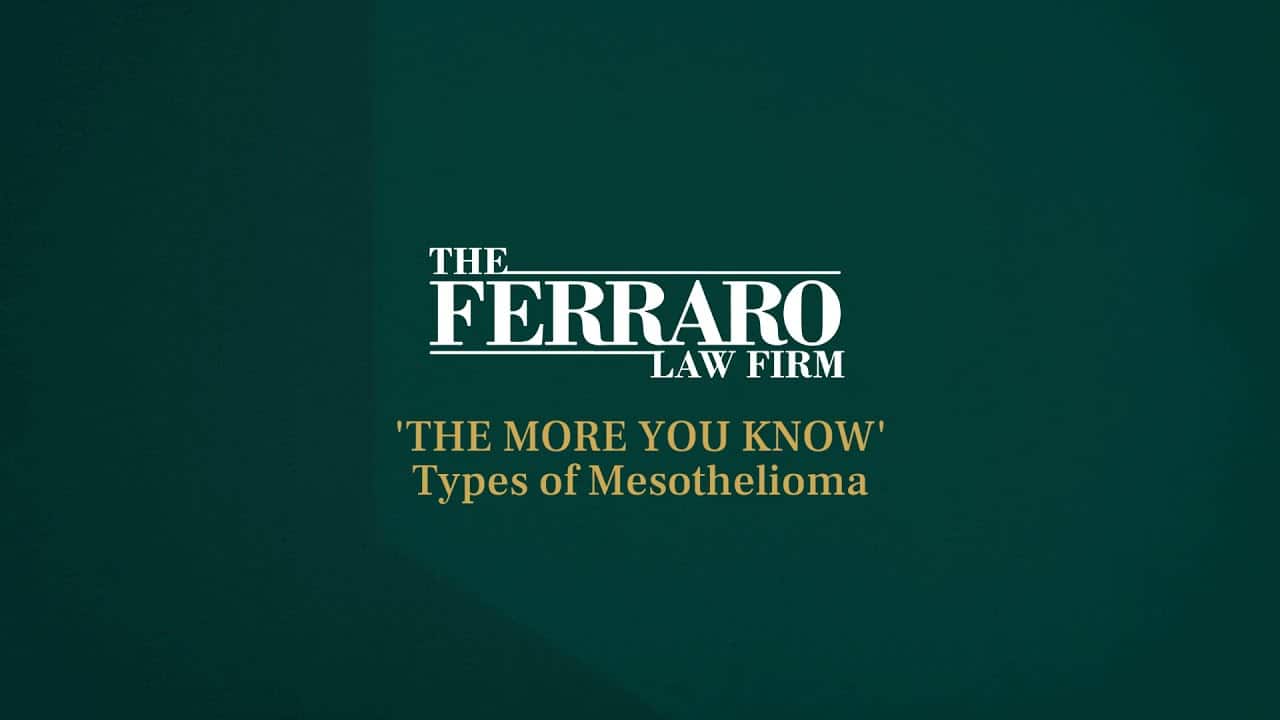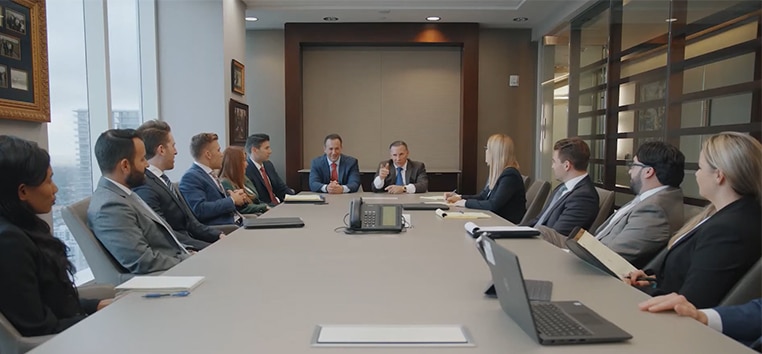If you were seriously injured, remember that it is crucial to choose the right law firm to represent your interests. We have been doing this for more than three decades, and have the resources you need to challenge any opponent.
7 Common Myths About Mesothelioma and Asbestos Exposure
Asbestos exposure is known to cause mesothelioma, but there are many pervasive myths and misconceptions about this often fatal disease. At The Ferraro Law Firm, we specialize in fighting on behalf of those who have sustained injuries after asbestos exposure, and we’ve heard many of these misconceptions first-hand. In the post below, we’ll debunk 7 of the most common ones our Florida mesothelioma team has heard over the years.
Table of Contents
The 7 Most Common Mesothelioma Myths
Myth #1: Mesothelioma only affects elderly men.
This is false, but the observation that older men tend to get mesothelioma more frequently is rooted in fact. More than 75% of all mesothelioma fatalities are middle-aged or older men.
Myth #2: Short-term asbestos exposure can’t cause mesothelioma.
Many believe only long-term exposure to asbestos can give you mesothelioma, but unfortunately, this is not the case. While mesothelioma does have a very long latency period, the EPA has been clear that no asbestos exposure is safe for humans. Each time an individual is exposed to the substance, there is a chance they will eventually develop mesothelioma, asbestosis, or other related diseases.
Myth #3: Mesothelioma can only affect your lungs.
False. Mesothelioma can affect multiple organs and body parts, including (but not limited to): the abdomen, the lungs, the heart, and the testicles. There are also multiple forms of mesothelioma, each with their own varied symptoms, making it more difficult to diagnose.
Myth #4: Asbestos needs to be removed immediately if detected.
Asbestos removal is exceptionally dangerous, and only qualified professionals should attempt the procedure. If you discover asbestos in your workplace or residence, do not try to get rid of it on your own. You will probably be exposed to asbestos during the removal process, increasing your risk of mesothelioma far more than if you had waited for help to arrive.
Myth #5: The United States has banned asbestos.
Sadly, the United States has not fully banned this toxic material. In fact, America actually has some of the lightest asbestos regulations world-wide. In June 2018, the EPA announced a Significant New Use Rule (SNUR) regulating the uses of asbestos and requiring any new uses to be approved by the EPA. This still does not constitute a full ban, and as a consequence, there could be new asbestos products in coming years.
Myth #6: Mesothelioma is contagious.
Mesothelioma is a form of cancer, so there is no way to contract it from another person. If you know someone affected by mesothelioma, the best thing you can do is treat them with the same courtesy and respect you would give to anyone facing a life-threatening condition.
Myth #7: Mesothelioma is rare, so I don’t need to worry about asbestos.
Mesothelioma is technically a rare disease, but there is an underlying fallacy here that must be addressed. Although mesothelioma cases only comprise a fraction of all cancer cases, the EWG Action Fund has estimated that asbestos kills up to 15,000 people a year in the United States alone. Even if mesothelioma itself is rare, asbestos still causes widespread health problems and even death, and should be a serious cause for concern.
Frequently Asked Questions: Mesothelioma & Asbestos
Is asbestos carcinogenic?
What makes asbestos dangerous?
Contact The Ferraro Law Firm at (305) 375-0111 to explore your legal options with our knowledgeable legal team.






